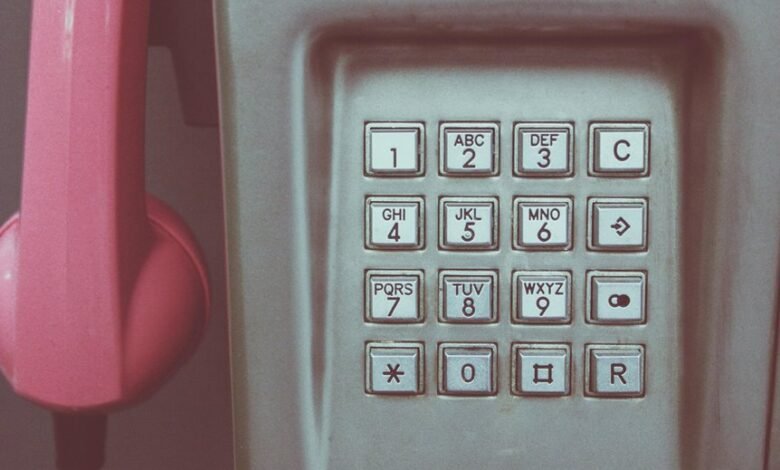Who Called You From 3509438777 3333068151 3533252878 3510120850 3283086151 3485339006

The emergence of unknown calls from numbers like 3509438777, 3333068151, and others raises several questions. Who could be behind these calls? Are they legitimate inquiries or potential scams? Many individuals report similar experiences with such numbers, often leading to telemarketing or deceptive practices. Understanding the motives behind these calls is crucial. What steps can one take to identify and mitigate the risks associated with these unknown callers?
Background of the Phone Numbers
The landscape of phone numbers serves as a complex network, intertwining personal and commercial communications in today’s digital age.
Analyzing phone number origins reveals a historical evolution, adapting to technological advancements.
Furthermore, caller identity verification has become essential for distinguishing legitimate contacts from potential threats.
This intricate interplay of identification and connectivity raises questions about privacy and the implications of modern communication practices.
Common Reasons for Unknown Calls
While many unknown calls may evoke suspicion or annoyance, a closer examination reveals a variety of underlying motivations driving these communications.
Common reasons include telemarketing tactics aimed at promoting products or services, often exacerbating privacy concerns among recipients.
Additionally, automated systems may mistakenly dial numbers, further complicating the issue.
Understanding these motivations can provide clarity in a landscape filled with unsolicited interruptions.
How to Identify and Handle Suspicious Callers
How can one discern the intentions of a caller whose number is unknown?
Individuals can analyze caller ID information for red flags, such as unfamiliar area codes or blocked numbers.
Suspicious behavior, like asking for personal information or pressuring for immediate responses, warrants caution.
Trusting instincts and conducting online searches about the number can further illuminate potential risks associated with the call.
Protecting Yourself From Phone Scams
As individuals navigate the complexities of communication in the digital age, understanding the nuances of phone scams becomes essential for safeguarding personal information.
Effective scam prevention hinges on rigorous caller verification practices. Engaging in proactive measures, such as scrutinizing unknown numbers and employing call-blocking technology, empowers individuals to reclaim their autonomy, ensuring that their personal and financial data remain secure from fraudulent schemes.
Conclusion
In conclusion, receiving calls from numbers such as 3509438777 and 3333068151 warrants a careful approach. Notably, the Federal Trade Commission reported that in 2022, Americans lost over $1.3 billion to phone scams, underscoring the importance of vigilance. By staying informed and employing protective measures, individuals can significantly reduce their risk of falling victim to these schemes. Ultimately, awareness and proactive strategies are essential in navigating the uncertain landscape of unknown callers.




